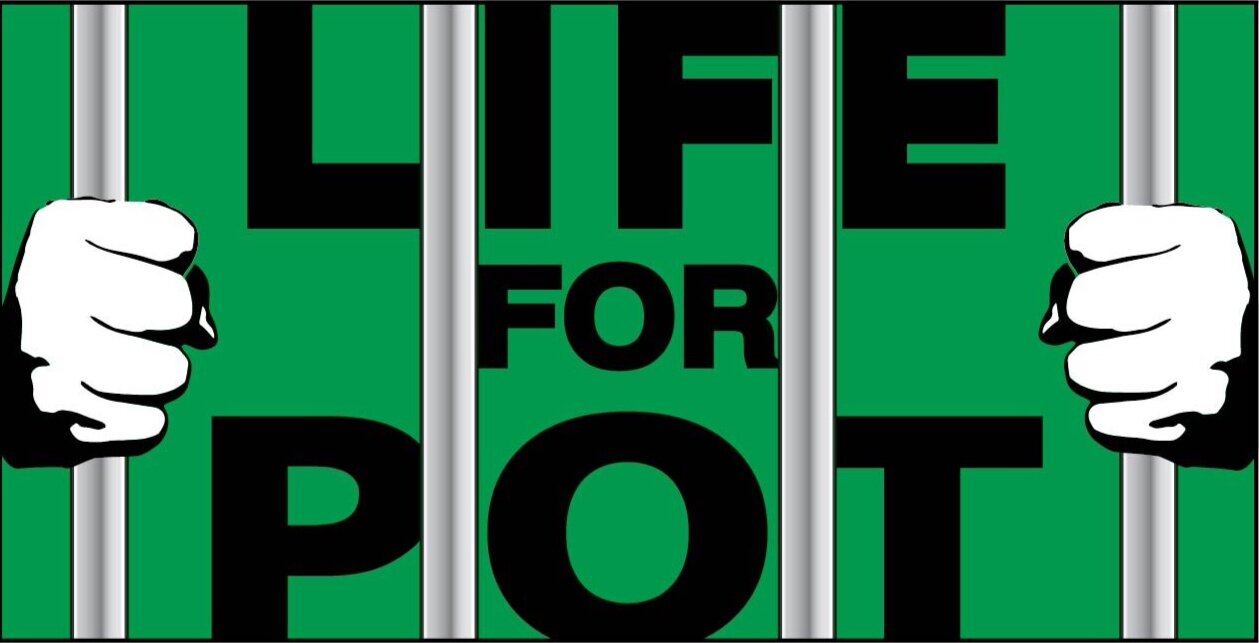This is a model for an independent clemency board that does not involve the Dept. of Justice.
Gerald Ford’s Clemency
Clemency Initiative Enacted by Gerald Ford after the Viet Nam War
This was an act of compassion and mercy that resulted in granting over 13,000 Petitions for Clemency.
Neil Eggleston and President Obama
did not want to adopt this highly successful model.
By virtue of the authority vested in me as President of the United States by Section 2 of Article II of the Constitution of the United States, and in the interest of the internal management of the Government, it is ordered as follows
GERALD R. FORD
The White House,
September 16, 1974.
SECTION 1. There is hereby established in the Executive Office of the President a board of 9 members, which shall be known as the Presidential Clemency Board. The members of the Board shall be appointed by the President, who shall also designate its Chairman.
NOTE: The White House announced the appointment of the following persons as members of the Presidential Clemency Board:
This is the original Clemency Board appointed by the White House to grant Clemencies within the White House
DR. RALPH ADAMS, 59, educator, has been president of Troy State University in Troy, Ala., for 10 years. He is a graduate of Birmingham-Southern College with LL.B. and J.D. degrees from the University of Alabama, and a brigadier general, Air National Guard of Alabama.
JAMES P. DOUGOVITA, 28, is a full-time teaching aide of minority students in the department of applied technology, Michigan Technological University. Mr. Dougovita is a veteran and has been awarded the Combat Infantryman Badge, Silver Star, Bronze Star, Purple Heart, and is now a captain in the Michigan National Guard.
ROBERT H. FINCH, 51, is a lawyer and partner in the firm of McKenna, Fitting & Finch in Los Angeles, Calif. He was formerly Secretary of Health, Education, and Welfare and Counsellor to President Nixon.
CHARLES E. GOODELL, 48-Chairman-is a former Senator from New York who is currently in the private practice of law. He was a Ford Foundation Fellow at Yale and was a graduate of Williams College.
REV. THEODORE M. HESBURGH, 57, is president, University of Notre Dame, and holds honorary degrees from numerous colleges and universities. He is a permanent Vatican delegate. He has served as Chairman of the U.S. Commission on Civil Rights and as a member of the Committee on an All-Volunteer Armed Force.
VERNON E. JORDAN, 39, is executive director of the National Urban League, an organization concerned with the advancement of the minority groups. Mr. Jordan is a lawyer by profession and served previously as the executive director of the United Negro College Fund, director of the voter education project, Southern Regional Council, and as Attorney-Consultant in the U.S. Office of Economic Opportunity.
JAMES MAVE, 31, is executive director of Paralyzed Veterans of America in Washington, D.C. He is a graduate of Bridgewater College, Bridgewater, Va., and received his master's degree from Virginia Commonwealth University.
AIDA CASANAS O'CONNOR, 52, is a woman lawyer with a master of laws degree from George Washington University, Washington, D.C. She is a member of the Bar of the State of New York, the Supreme Court of Puerto Rico, U.S. District Court of Puerto Rico, and the Supreme Court of the United States. Presently she is assistant counsel to the New York State division of housing and community renewal in New York City.
GEN. LEWIS W. WALT, USMC (Ret.), 61, retired after 34 years in the Marine Corps and is a veteran of the Second World War, the Korean and Vietnamese wars. He was an Assistant Commandant of the Marine Corps. He has received the Navy Cross, Silver Star, Legion of Merit, Bronze Star, the Purple Heart, and numerous other military decorations.
Citation: Gerald R. Ford: "Executive Order 11803—Establishing a Clemency Board to Review Certain Convictions of Persons Under Section 12 or 6 (j) of the Military Selective Service Act and Certain Discharges Issued Because of, and Certain Convictions for, Violations of Article 85, 86, or 87 of the Uniform Code of Military Justice and to Make Recommendations for Executive Clemency with Respect Thereto," September 16, 1974. Online by Gerhard Peters and John T. Woolley, The American Presidency Project. http://www.presidency.ucsb.edu/ws/?pid=23895.This is the model for clemency the President Obama did not adopt
Clemency Initiative Enacted by Gerald Ford after the Viet Nam War
This was an act of compassion and mercy that resulted in granting over 13,000 Petitions for Clemency. Neil Eggleston and President Obama did not want to adopt this highly successful model.

